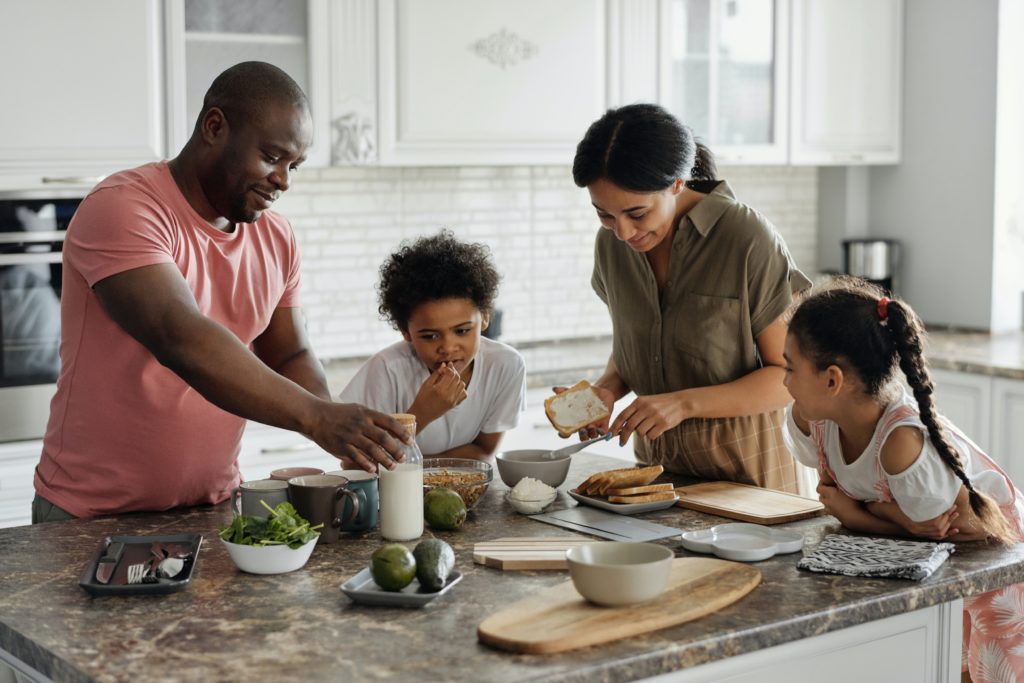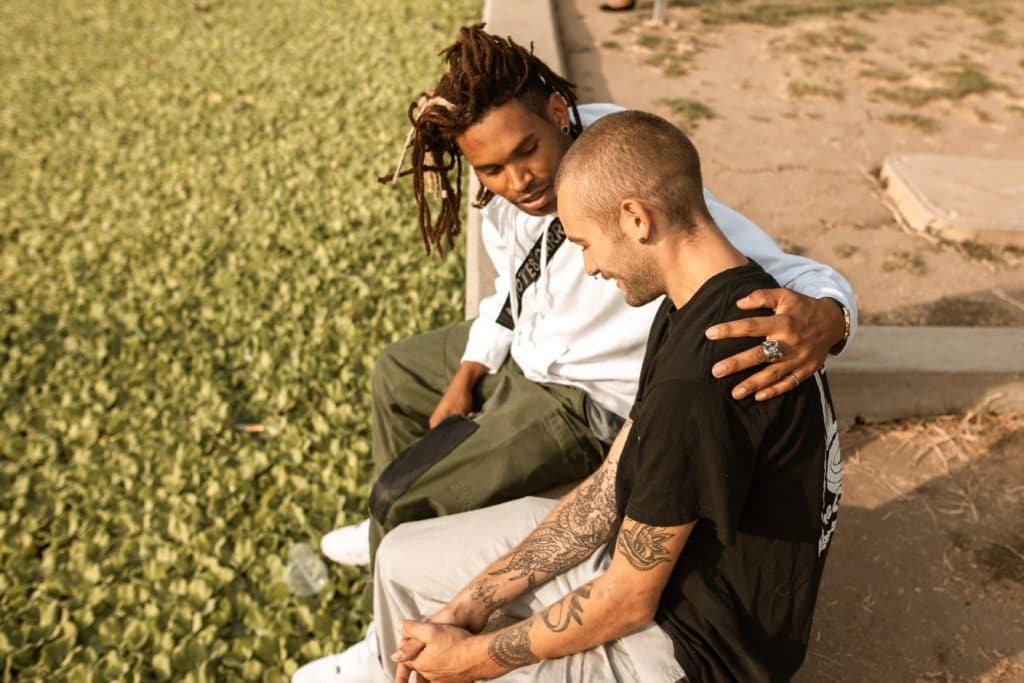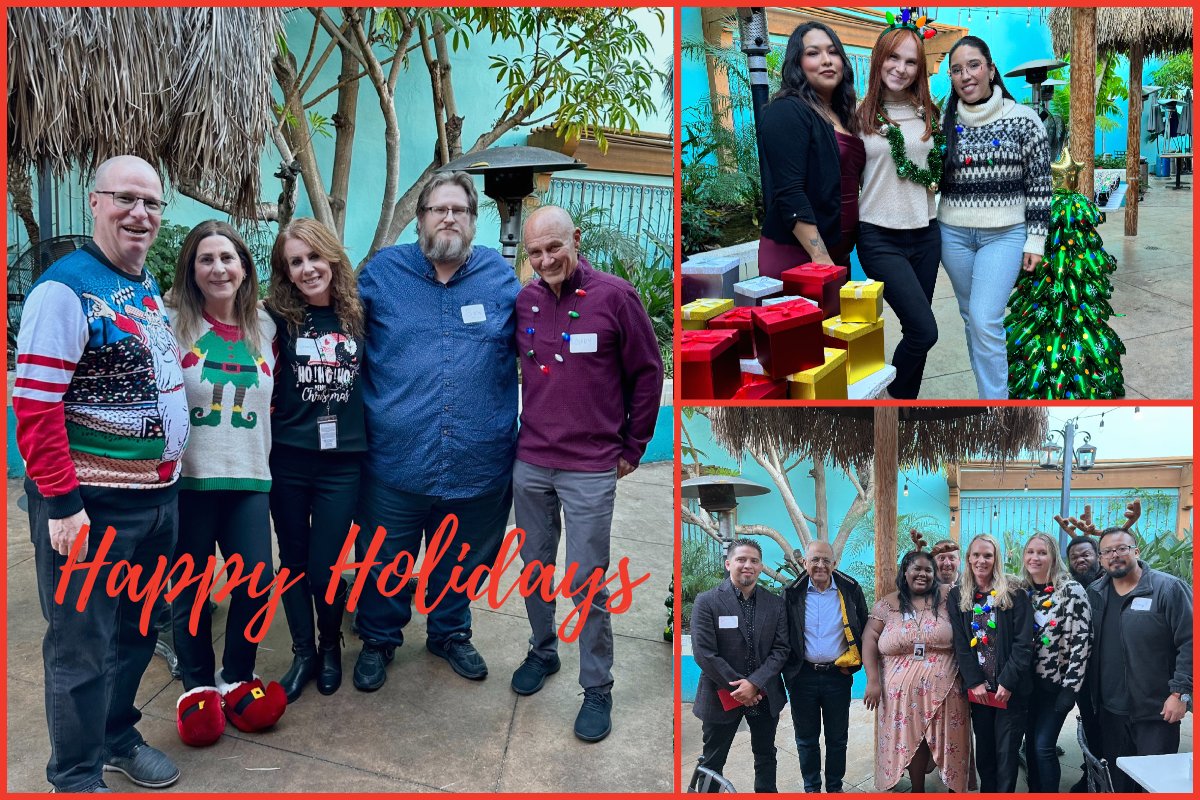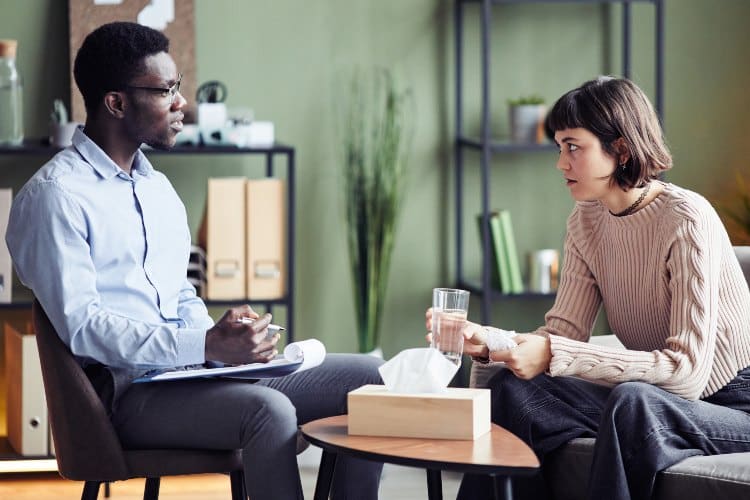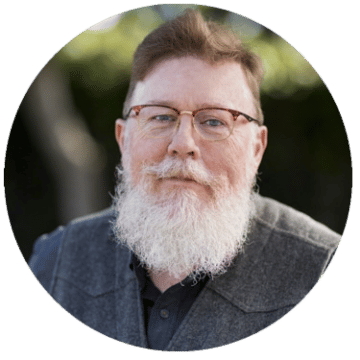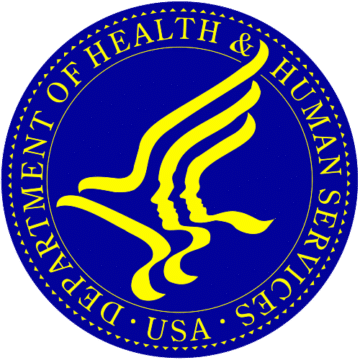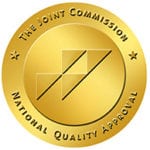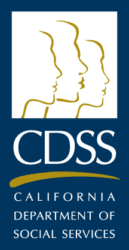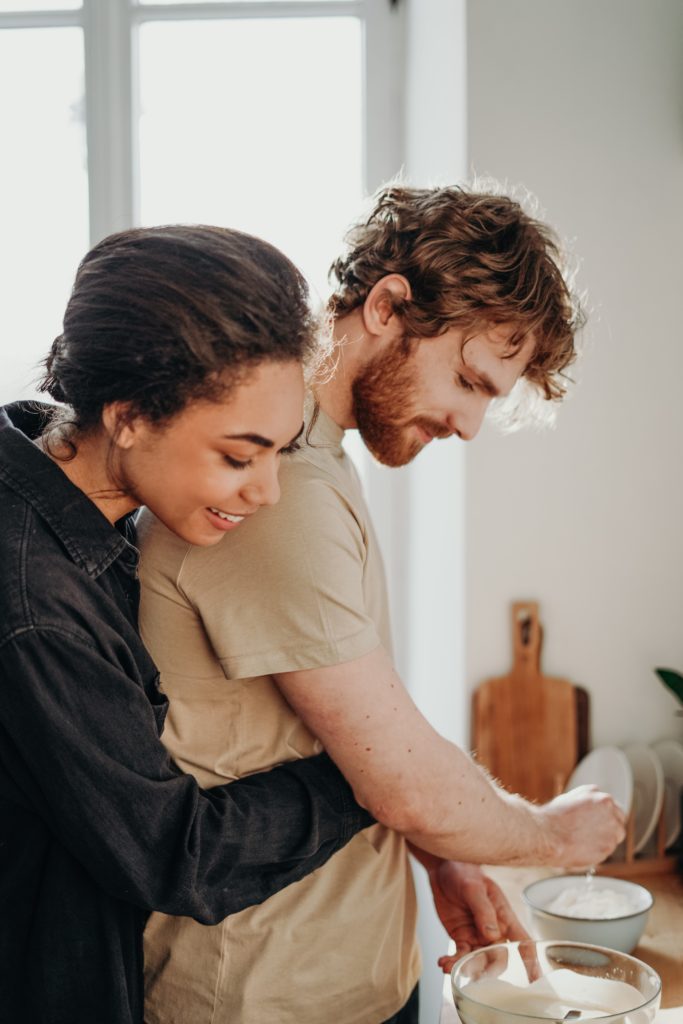
Partnering With D'Amore
Our inpatient mental health treatment facility in Orange County offers a safe, structured environment for receiving treatment. D’Amore Healthcare’s licensed mental health professionals analyze your entire medical and psychological history before customizing your treatment plan. We are pleased to offer family therapy as part of our treatment program for treating mental health disorders. Family therapy training will give you the tools you need to heal family member relationships and recover all together.



